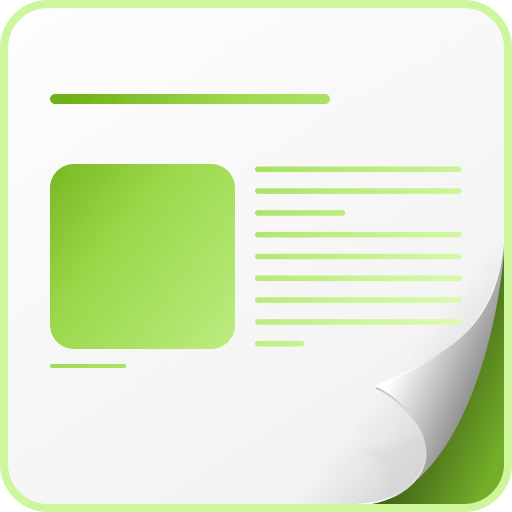
This presentation is to explain the reported speech.
We can report:- statements (with tell and say)
- questions (with ask)
- commands, requests, suggestions (with admit, claim, promise, explain, deny, insist, suggest)
3
Direct vs. Reported Speech.
Direct speech is the exact words someone said. We use quotation marks in Direct speech. - "I'll go to London," she said.
Reported speech is the exact meaning of what soemone said but not the exact words. We do not use quotation marks in Reported speech. - She said she would go to London.
say: we use it in both Direct and Reported speech, but in Reported speech we use say when it is not followed by the person the words were spoken to. said + (what was said) - without a direct object - Direct speech: She said to me, " I am very tired."
- Reported speech: She said she was very tired.
tell: we use tell in Reported speech when it is followed by the person the words were spoken to. told + a person + (what was said) - when there is a direct object - Reported speech: She told me that she was very tired.
Reported statements- To report statements we use an reporting verb (say, tell, advise, explain, promise, admit, claim, confirm, deny, insist, remind)
- Pronuns and possessive adjectives change acording to the meaning.
- Direct speech: He sad, "I can't fix it by myself."
- Reported speech: He said he couldn't fix it himself.
- Direct speech: "This is my book," he said.
- Reported speech: He said that was his book.
3. Certain words change as follows: - Direct speech: this/these, here, come
- Reported speech: that/those, there, go
Some important facts to have in mind:Modal verbs that change: - can changes to could
- will changes to would
- may changes to might
Modal verbs that do not change: would, could, might, should, ought to, mustn't Be aware of must: Must stays the same or changes to had to. "You must work harder." She told me I must work harder. She told me I had to work harder.
When the reporting verb is in the Past Tense the verb tenses change as follows: - Present Simple to Past Simple
"I can't remember his name," she said. She said she couldn't remember his name. - Present Continous to Past Continous
"I'm saving up." He said he was saving up. - Present Perfect to Past Perfect
"I've bought you some flowers," she said. She said she had bought me some flowers. - Past Simple to Past Perfect
"He lost all the money," she said. She said that he had lost all the money - Future (will+infinitive) to Conditional (would+infinitive)
"I'll see you later," he said. He said he would see me later. Hint: the verb in the reported speech usually 'goes back' one tense into the past Exception: Past Perfect and Past Continuous stay the same: had played and was playing
There are no changes in verb tenses when the reporting verb is in one of the following tenses:- Present
- Future
- Present Perfect
- or when the sentence expresses general truths, permanent states and conditios
- "Water turns into ice," he said.
- He said water turns into ice. (permanent truth)
- or the speaker reports something immediateley after it was said:
- "I will call you back," he said.
- He said he will call you back. (immediate reporting)
Reported questionsFor Reported questions the affirmative word order (subject + verb) is used and there is no question mark. a) ask + wh- word + object when the direct question begins with what, why, who, where etc He said: "What are you doing?" > He asked what I was doing.
b) ask + if/whether + object when the direct question begins with and auxiliary verb like do, have, can etc
He said, "Did you enjoy the party?" > He asked if/whether I enjoyed/had enjoyed the party.
We use Indirect questions to ask for information/advice. - I wonder whether to phone her.
- Do you know what time it is?
If the Indirect question starts with I wonder ... or I doubt..., then the question mark is omitted. We use Reported questions to report someone else's questions, suggestions, offers or requests. - He asked me whether he should phone her.
- He asked me what time it was.
Question words like what, who, where etc or whether can be followed by an infinitive in the reported sentence. - He asked me where to put it.
14
Commands, warnings, advice
- Construction in Reported commands, warnings, requests and advice: Subject+verb+object+infinitive with to
- "Shut up">He told me to shut up.
- "Don't go">She advised us not to go.
- Agree, invite, offer, promise, remind as reporting verbs: Subject+verb+(object)+infinitive with to
- "Please come with us.">They invited me to go with them.
- "I promise I'll pay."> I promised to pay.
- Add, admit, agree, claim, comment, deny, explain, insist, suggest can also be used as reporting verbs: Subject+verb+that clause
- "I love him."> She admitted that she loved him.
|